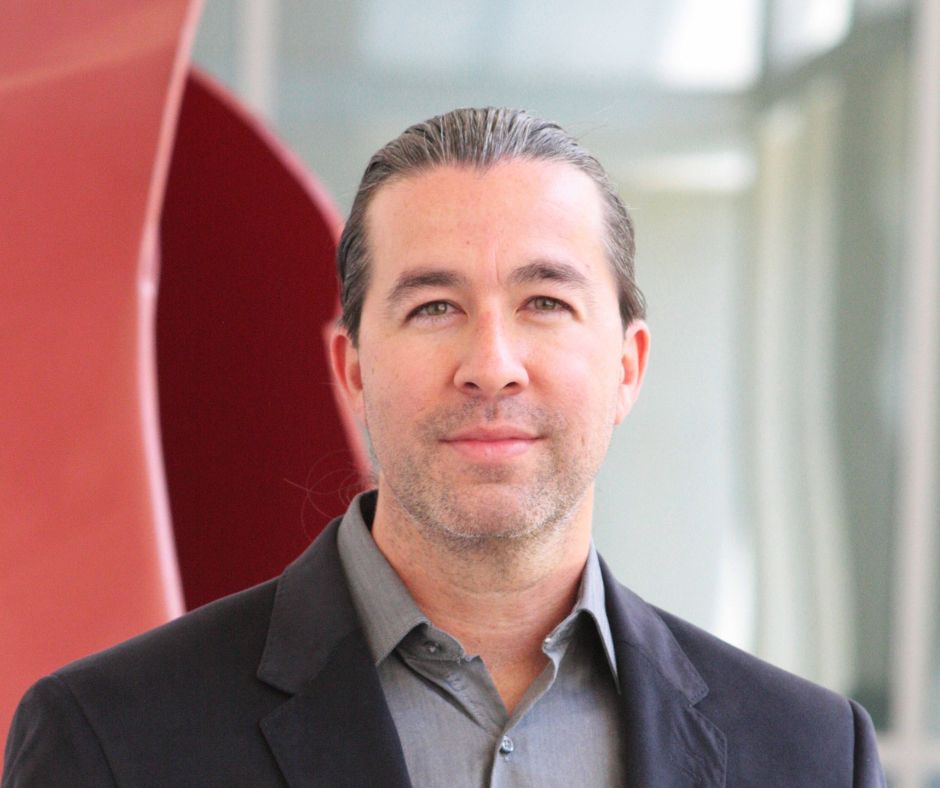I’ve had the pleasure of reading Jean-Marie Gustave Le Clezio’s ‘Wandering Star.’ I am surprised he didn’t receive U.S. recognition, because he won the Nobel Prize for Literature by Stockholm’s Nobel Academy. His book deserved the prize because Le Clezio wrote it so the reader could taste, feel, see, hear and smell it. Although the story included little dialogue, it was easy to follow the characters’ moves. I’ve often heard about the Holocaust during the Nazi revolution, but never fully understood the history behind it. I’ve heard about the brown-haired German man with a mustache who became a household name overnight during the ’30s and ’40s, but I never knew his standpoint on democracy as president. I’ve heard about how other countries fell under Germany’s dominance during the war, but I never knew the purpose. Le Clezio captured the moment when Polish families huddled together in churches, lighting candles and reciting chants, serving as symbolism of a prayer for survival and escape from slavery. Le Clezio had my eyes follow the protagonist, Esther, her mother and other Jews walking along the streets away from their French homes in droves after the Italians lost to the German army during WWII. The Germans were coming for them in Nice, France, and they knew they had to escape. It was apparent the author wasn’t at a desk under a lamplight, concocting a story out of thin air. Le Clezio, a globe-trotting writer, actually visited Genoa, Livornio, Saint-Martin, Saint-Cyr, Borgo, San Dalmazz, Trieste, the peak of Galas, the Valdieri valley, the village of Entracque and the Gesso River. You can taste the wheat from the fields where the harvesters were cutting and gathering, and you can smell dry grass burning in the fields. You can feel the beatings Esther took from bullies wreaking havoc. You can hear the children in Western Europe speaking different languages. You are blinded by a thick fog as you walk through a forest. You get to explore with Le Clezio and find out what Italy, Belgium, France and Jerusalem are like. Just as he is a fiction writer, he’s a nonfiction writer in his own right. He skillfully weaves a tale of unrealistic characters with improvised names, including a double narrative about Esther and a Palestinian girl named Nejma, who becomes a refugee. Their lives parallel one another. Esther flees from the Germans with her mother, while her father is left behind in another part of the town rescuing Jews, similar to the efforts of Harriet Tubman. However, he is captured by German soldiers and killed. Le Clezio’s observation went above and beyond evidence and precision. He is one of the few novelists I’ve seen who takes a leaf and examines its shape, size, color and luster. I can imagine him sitting down near the Valdieri Mountains taking pictures of its length, height and width to show us its slope and beauty once he applied that information to the text. It was as if he talked to his subjects and interacted with them to record specific facts. I admit there was a great deal of run-on sentences in the novel. I can only assume it was translated into English the way it was originally written. Sometimes I had to take a breather after I was done reading it because commas were more prevalent than periods.


Follow us on social
- Children of Eden written by Joey GraceffaBy: Destiny Breniser This book was published in 2016 with its genre being Young Adult, Dystopian, and Apocalyptic. This story is about Rowan, who is a second-born child living in a city where her entire existence is illegal. She longs for the day when she can leave her family’s house and live without fear. She […]
- An Unwanted Guest written by Shari LapenaBy: Destiny Breniser A classic whodunnit that keeps you guessing till the very end. With twelve characters to read varying points of view from, there is always something happening to leave you wondering what is going on. This book was published in 2018 with its genre being a mystery thriller. The story starts with Reily […]

July 25, 2024

July 24, 2024

July 23, 2024
Historical fiction narrative haunts readers
March 27, 2009
Leave a Comment
Donate to BG Falcon Media
$1410
$1500
Contributed
Our Goal
Your donation will support the student journalists of Bowling Green State University. Your contribution will allow us to purchase equipment and cover our annual website hosting costs.
More to Discover













